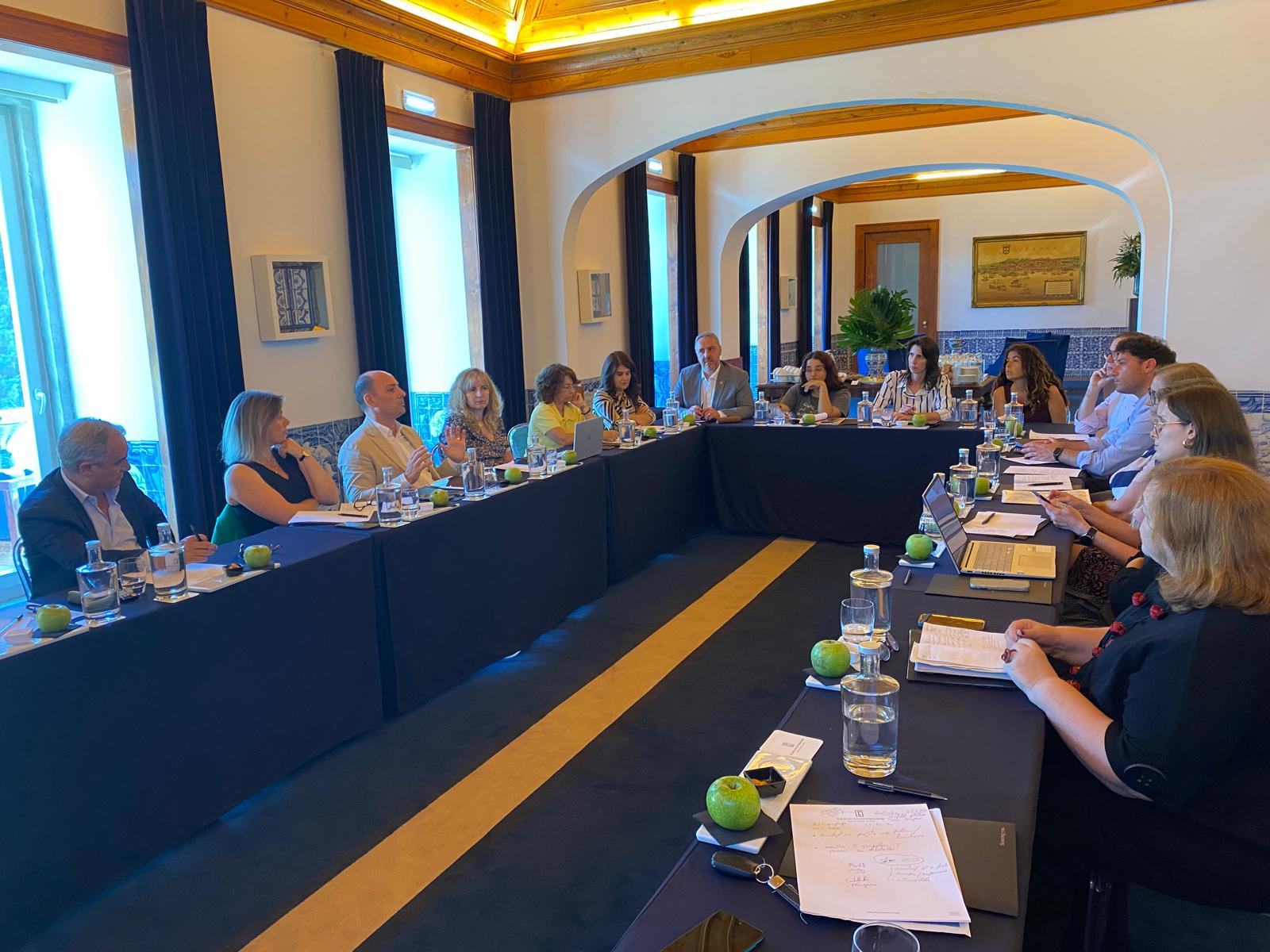
New tourism observatory focuses on the well-being of professionals
05/07/2025GesTur-Be’s first meeting brings together associations and public bodies in Lisbon to assess the sector’s labour reality. The study is based on the WHO model and should present its first results in November. APENO is part of this contribution.
A new step has been taken to transform the working environment in the tourism sector. GesTur-Be – the Observatory for Tourism Management and People’s Well-being – recently held its kick-off meeting, bringing together representatives from various professional associations, public bodies and academics with the aim of drawing up a reliable picture of working conditions in hotels, restaurants and other areas of tourism in Portugal.
The initiative comes from LABPATS – Laboratório Português de Ambientes de Trabalho Saudáveis (Portuguese Laboratory for Healthy Working Environments) and is based on the World Health Organisation’s “Healthy Workplaces” model. On the table is the creation of a collaborative platform to diagnose, monitor and improve the well-being of those who work in one of the most strategic sectors of the national economy.
‘Our focus is clear: to promote healthier working environments and thus contribute to retaining and valuing professionals,’ said Tânia Gaspar, one of the observatory’s coordinators. She also pointed out that the project will analyse dimensions such as mental health, organisational culture, psychosocial risks and physical and social working conditions.
With the involvement of organisations such as AHRESP, APAVT, APECATE, AGIC, ADHP, APENO and other entities from the tourism ecosystem, GesTur-Be aims to act as a tool to support decision-making and concrete intervention in companies. According to the team, an annual national report will be drawn up and each interested entity will be able to receive a personalised assessment, accompanied by strategic recommendations.
For Mafalda Patuleia, also the project’s coordinator, the impacts go beyond the internal management of companies: “Young people’s growing lack of interest in careers in tourism is a warning sign. If we don’t improve working conditions, we’ll be jeopardising the future of training in this area.”
Until November, GesTur-Be will concentrate on collecting and analysing data, and the first results are expected to be presented later this year. But the promoters guarantee that this will be an ongoing process. “We are aware of the challenges, from adapting the evaluation instruments to the reality of the sector to the willingness of organisations to collaborate. But the support shown at the first meeting shows that there is a real desire for change,” emphasised Álvaro Lopes Dias, a professor at ISCTE and a member of the project team.
